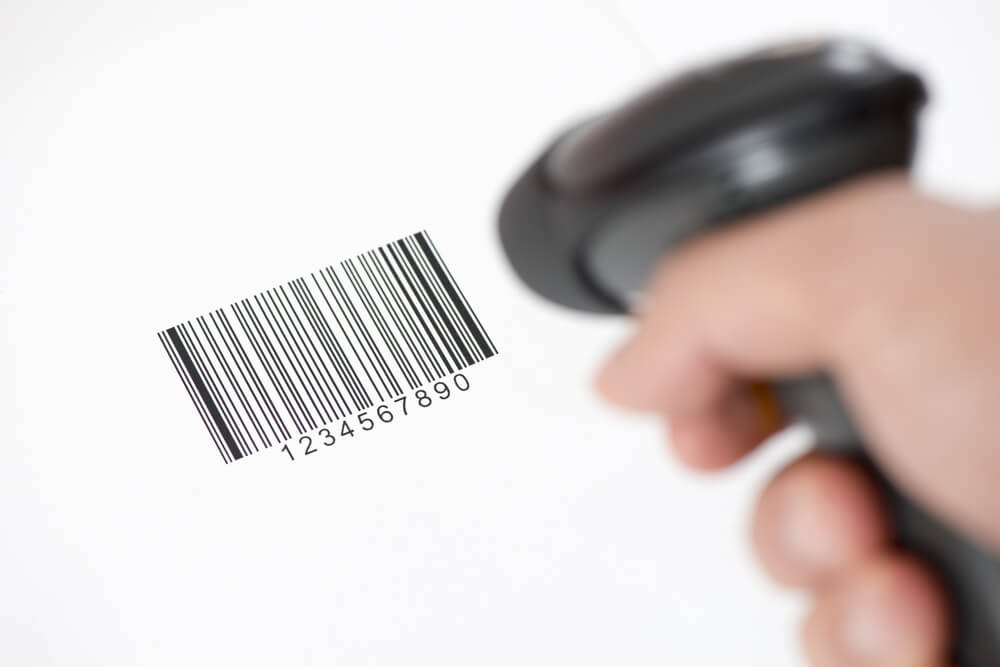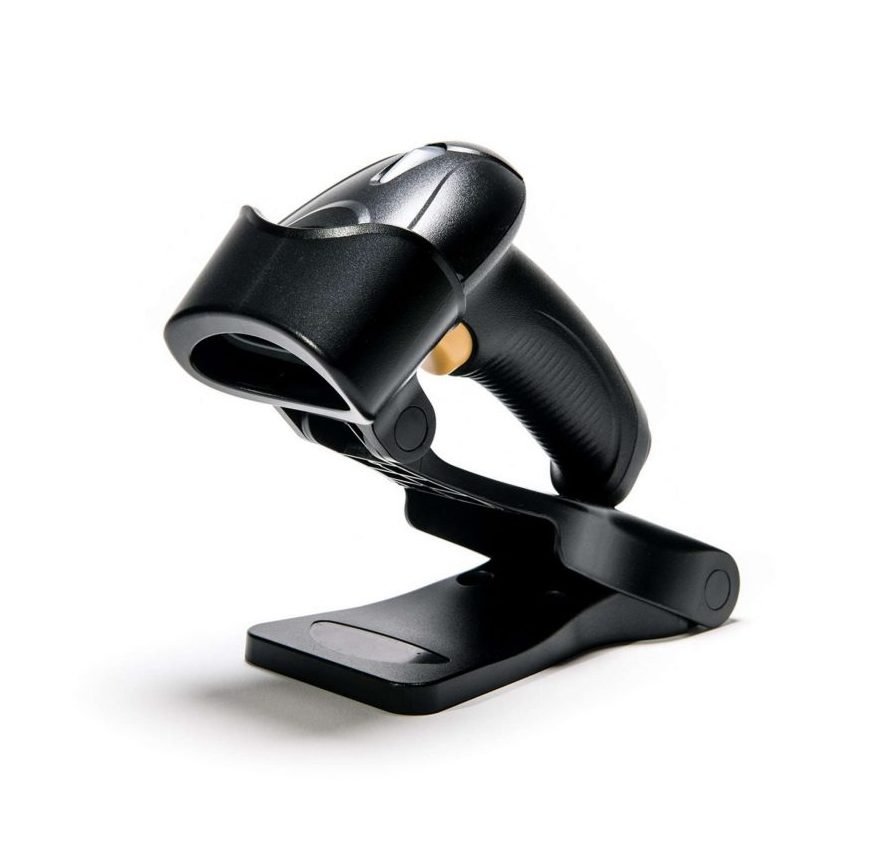Long-Lasting Barcodes Scanners for Daily Operations
Long-Lasting Barcodes Scanners for Daily Operations
Blog Article
Picking the Right Barcode Scanner for Your Organization Needs
Choosing the ideal barcode scanner for your company needs a nuanced understanding of your details operational requirements and environmental problems. Variables such as scanner kind, rate, and compatibility with existing systems play a pivotal role in identifying the ideal selection.
Recognizing Barcode Scanner Types
When it comes to selecting a barcode scanner, comprehending the different kinds available is crucial for meeting specific organization requirements. Barcode scanners can be categorized into numerous types, each created for different applications and settings.
Portable scanners are the most typical, providing mobility and ease of usage, making them appropriate for retail and inventory administration. They normally connect by means of USB or Bluetooth, providing adaptability in procedure. Fixed-mount scanners, on the various other hand, are made for high-volume scanning applications, commonly located in production line or check out counters. These scanners are mounted in a fixed placement, allowing for rapid scanning of several products in sequence.
Another kind is the mobile computer, which combines scanning capacities with computing power. These gadgets are perfect for area procedures or warehouse monitoring, enabling data collection and real-time stock monitoring. Furthermore, there are industrial scanners that are developed to hold up against severe environments, such as severe temperature levels or direct exposure to dirt and moisture.

Trick Functions to Take Into Consideration
What essential features should companies focus on when selecting a barcode scanner? Primarily, scanning rate is essential, as faster scanners boost operational efficiency, particularly in high-volume settings. The scanner's ability to review different barcode styles is also important; guarantee it supports preferred kinds like QR codes, UPC, and Code 128 to fit diverse stock items.
Toughness is another crucial function, especially for services in tough setups. Seek models that are developed to stand up to drops, dust, and dampness. In addition, take into consideration the connection alternatives offered; whether you favor USB, Bluetooth, or Wi-Fi, the right connection can enhance integration with existing systems.

Assessing Your Company Atmosphere
To efficiently select a barcode scanner, businesses need to analyze their certain operational atmosphere. This assessment includes evaluating the physical layout of the office, the nature of the products being scanned, and the normal conditions under which scanning takes place. For instance, a retail environment might require portable scanners that can rapidly refine purchases at the checkout, while a storehouse setup might profit from ruggedized scanners created to sustain harsher problems.
In addition, consider the volume of scanning required. High-throughput environments may require innovative scanning modern technologies, such as fixed-position scanners or mobile tools that can run efficiently in fast-paced situations. The integration abilities with existing stock administration systems also play an essential duty; ensure the selected scanner can seamlessly get in touch with software application systems being used.
Moreover, evaluate the potential for development and scalability. A scanner that meets present demands may not be enough as service expands. By completely evaluating these elements, services can choose a barcode scanner that not only satisfies prompt requirements yet additionally sustains long-lasting functional effectiveness and flexibility. This tactical approach eventually adds to smoother procedures and boosted productivity.
Budgeting for Your Scanner
Having evaluated the functional environment straight from the source and recognized the certain demands for a barcode scanner, the next action includes cautious budgeting to ensure a wise monetary investment. Establishing a budget plan begins with establishing the general costs connected with the scanner, consisting of preliminary purchase cost, functional expenses, and potential upkeep fees.
When choosing a barcode scanner, consider the variety of readily available alternatives, from portable tools to fixed-position scanners, as costs can vary considerably. It is necessary to balance price with functionality; selecting a much more click this link inexpensive version may result in increased functional inefficiencies if it does not meet your business needs.
In enhancement to the hardware, consider expenses associated with software program, training, and prospective upgrades. While it could be appealing to decrease upfront expenditure, purchasing a high quality scanner that lines up with your operational demands can produce long-term savings via enhanced effectiveness and decreased downtime.
Lastly, think about the total price of possession, which encompasses the scanner's life expectancy and prospective resale worth. By diligently planning your spending plan, you can ensure that your financial investment in a barcode scanner will certainly improve your functional performance and monetary performance.
Assimilation With Existing Systems
Incorporating a barcode scanner with your existing systems is critical for maximizing its effectiveness and ensuring seamless procedures. barcodes scanners. A well-integrated scanner boosts operations effectiveness, lowers mistakes, and accelerates data processing. When selecting a barcode scanner, think about compatibility with your present software and hardware framework, including your supply monitoring systems, point-of-sale (POS) systems, and venture resource planning (ERP) options
Assess whether the scanner uses conventional protocols such as USB, Bluetooth, or Wi-Fi, which can assist in simple combination. Additionally, evaluate whether the scanner's software application supplies APIs or SDKs that permit for modification and integration with exclusive systems. This is specifically important for companies with one-of-a-kind functional requirements.
In addition, take into consideration the scalability of the scanning service. As click to read your service expands, your systems need to have the ability to suit extra scanners and take care of increased data quantities without significant reconfiguration. Inevitably, buying a barcode scanner that perfectly incorporates with your existing systems will produce lasting advantages, enhancing accuracy, performance, and total efficiency within your operations. Put in the time to completely analyze your combination needs prior to purchasing decision.

Conclusion
In verdict, choosing a suitable barcode scanner requires a detailed analysis of numerous variables, consisting of scanner types, crucial features, and the specific business environment. Appropriate budgeting for both procurement and functional expenses is crucial, together with ensuring compatibility with existing systems. By carefully considering these components, organizations can enhance performance and productivity, eventually resulting in enhanced functional results. The right barcode scanner offers as an essential device in simplifying processes and helping with efficient inventory administration.
Report this page